Long before the COVID-19 crisis began, Jews were asking serious questions about the state of American universities: Is the American Jewish love affair with elite colleges coming to an end? Why have so many of American universities tolerated anti-Semitism and anti-Zionism, and how should embattled college students respond? Does university culture strengthen or undermine Jewish identity and Jewish faith? Now, with the Covid-19 crisis in full-force, the American model of higher education may be facing its greatest disruption in a generation: the dorms have closed, the classrooms have moved to computer screens, and many students and families are wondering: what does this all mean? And could this be a moment when Jews—and all Americans—rethink and renew the higher learning in America?
Tikvah is pleased to announce a multi-part “townhall series” on the future of college assessed, analyzed, and debated from a Jewish perspective. We will be joined by some of America’s leading educators and experts—such as Jonathan Haidt, Alyza Lewin, and Ruth Wisse. The series is open to college-bound and college-enrolled students, to parents and grandparents concerned about the education of the rising generation, and to everyone who cares about how to strengthen Jewish liberal education in America in the years ahead.
This townhall series is generously sponsored by Liz Lange.
For more information or to ask a question, please contact us at abondar@tikvahfund.org.

Jews Without Apology: Some Lessons from My Years at Harvard
with Ruth Wisse, Harvard University (emeritus) and The Tikvah Fund
Recording available here.
The campus culture has inordinately focused on narratives of victimhood. Jews have certainly suffered their share of mistreatment, and anti-Semitism seems to be alive and well. But the only true and enduring recipe for Jewish flourishing—in college and beyond—is Jewish self-confidence: the educated belief that being a Jew and being a Zionist is never a reason to apologize. Professor Ruth Wisse, a pioneering scholar of Jewish literature and an important voice in debates on Jewish politics, will pass along some hard-won wisdom from her decades at Harvard about the nature of Jewish courage and the riches of Jewish civilization that await any eager student who seeks them.
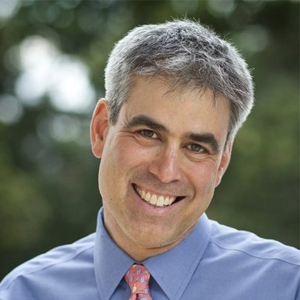
How to Succeed in College: Three Bad Ideas to Resist
with Dr. Jonathan Haidt
NYU’s Stern School of Business and Heterodox Academy
Recording available here.
Dr. Jonathan Haidt, co-author of The Coddling of the American Mind and founder of Heterodox Academy, joins us to discuss his diagnosis of the intellectual and cultural challenges of university life today. Free speech is a live issue. Free inquiry has lost some of its sacred luster. Students are left to wonder: Is liberal education still possible and meaningful? Dr. Haidt has emerged as one of the nation’s keenest and most influential observers of the American university, and his advice to future and current college students is: Don’t be seduced by great untruths like “always trust your feelings” and “life is always a battle between good people and evil people.” In this Tikvah conversation, he will explain why these bad ideas are so seductive and then offer some wise alternatives for getting a true education.
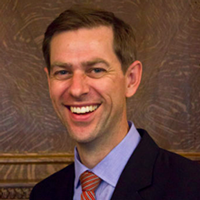
Faith In the University: Challenges and Opportunities
with R.J. Snell, Witherspoon Institute
and Rabbi Mark Gottlieb, Senior Director at the Tikvah Fund
Recording available here.
How does college life affect one’s religious identity and beliefs? Is the prevailing culture of most universities supportive of traditional faith, or hostile to it? Is it tolerant, or dismissive? Inspiring or indignant? Professor R.J. Snell, Director of the Center on the University and Intellectual Life at the Witherspoon Institute at Princeton, and Rabbi Mark Gottlieb, Senior Director at the Tikvah Fund, will discuss the religious climate of American campuses and how to find religious purpose and community beyond the classroom.
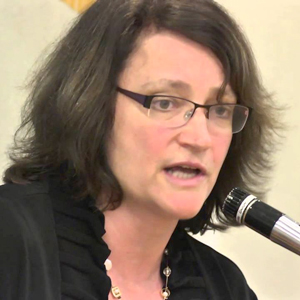
Is Jewish Studies Good for the Jews?
with Leora Batnitzky, Princeton University
Recording available here.
The academic field of Jewish studies has grown tremendously over the past few decades. But has this supposedly “neutral” mode of studying Jewish texts and Jewish history strengthened Jewish identity? Many Jewish studies professors go out of their way to “bracket” any sense of Jewish commitment from their classrooms, leaving us to wonder: Is Jewish studies good for Judaism and the Jews? How can deeply committed—or eagerly searching—young Jews enrich their Jewish lives with the best of academic Jewish studies while avoiding the potential pitfalls? Professor Leora Batnitzky, long-time Religion Department chair at Princeton University, will share years of insights from teaching Jewish thought at one of America’s most prestigious universities.

How to Avoid the Anti-Zionist Trap
with Alyza Lewin, Brandeis Center
and Tamara Berens, Krauthammer Fellow at Mosaic Magazine
Recording available here.
On college campuses, BDS petitions, Apartheid Weeks, and organized animus against Jews and Zionists abound. How can we understand the anti-Zionist playbook? How should Jewish and Zionist students respond? And what is at stake in the nationwide campus wars over Israel? To explore these issues, we will be joined by two courageous voices: Alyza Lewin, president and general counsel of the Louis D. Brandeis Center for Human Rights Under Law, who has been at the forefront of public debate over illegal discrimination against Jewish students at the hands of anti-Israel activists; and Tamara Berens, a Krauthammer Fellow at Mosaic Magazine, who recently published an important investigative piece on the history of anti-Israel activism at Columbia University.
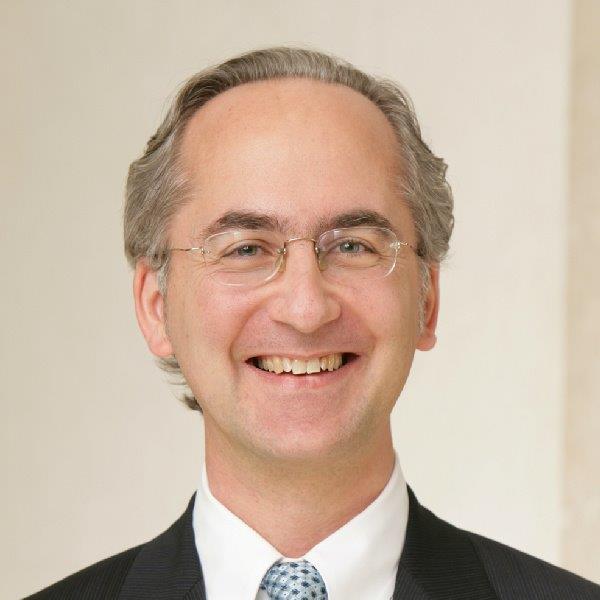
Is Jewish Liberal Education Possible on Zoom?
with Harry Ballan, Senior Director, The Tikvah Fund
Recording available here.
Many young Jews still go to college for all the right reasons: to explore enduring questions, to study the great ideas and great figures that shape human history, to prepare themselves for the responsibilities of Jewish and American adulthood. What course of study best serves these purposes? Is the modern university achieving its deepest ends? And could the Covid-19 disruption open up the market for new models of Jewish liberal education—including the rise of “Zoom seminars” and the return of “apprenticeships” that prepare the rising generation for true leadership by emulating models of excellence in key fields? Dr. Harry Ballan, one of America’s leading attorneys and the former Dean of Touro Law School, explores the opportunities for educational renewal—for Jews and for America—in the face of the current crisis.
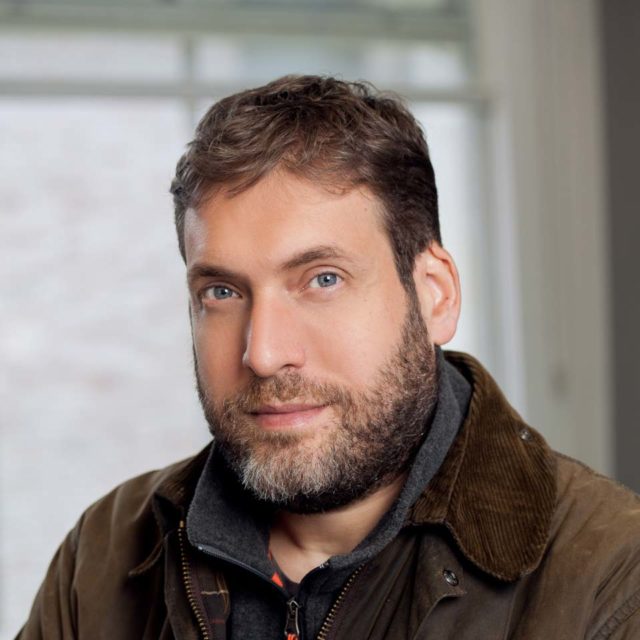
Is the Love Affair Between Jews and the University Over?
with Liel Leibovitz, Tablet Magazine
Recording available here.
The university has long had a central place in American Jewish life and Jewish aspiration. For decades, Jews have been over-represented in the most elite colleges and universities, and they often credit Jewish prosperity in America with the meritocratic university system. But Liel Leibowitz, a senior writer for the Tablet and one of the most provocative Jewish columnists in America, believes the prevailing assumptions among Jews about universities no longer hold. Ideological conformity has replaced open inquiry; the high-tech economy has made the credentials of the college increasingly obsolete; and, for Jews, the atmosphere has become toxic for those who don’t feel like hiding their support for Israel or their traditional beliefs. Is it time for Jews to turn their backs on the university establishment in America—and build something new?